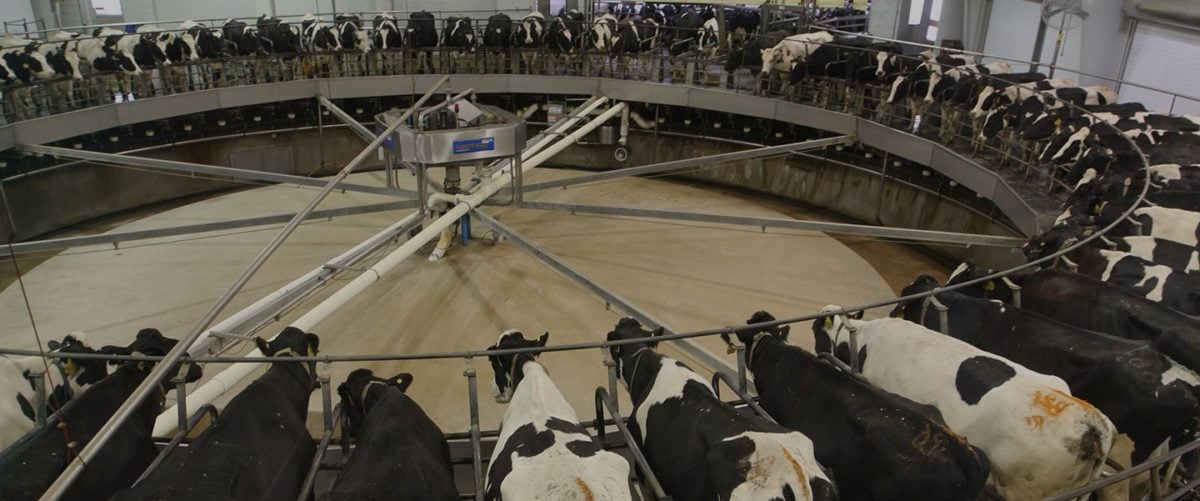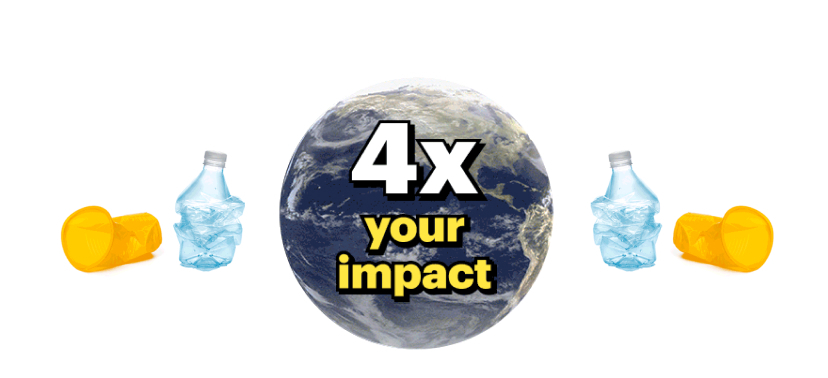We’ve Sued EPA to Strengthen Clean Water Rules for Factory Farms
Published Feb 26, 2024

EPA refuses to make urgently needed and long overdue updates to its Clean Water Act regulation of factory farms - we’re challenging this latest failure to act in court.
In 2017, over 30 public interest and environmental justice groups – led by Food & Water Watch – filed a rulemaking petition with the Environmental Protection Agency urging the agency to strengthen its clean water rules governing factory farms. The industry generates vast quantities of waste and is a leading contributor of dangerous water pollution.
Over six years later—and only after we sued the agency for failing to answer the petition—EPA denied petitioners’ urgent request for regulatory reform. Instead, EPA elected to form a study group to make recommendations, delaying action until at least 2025—that is, if the agency decides to act at all. In response, Food & Water Watch and 12 groups sued the agency in the Ninth Circuit Court of Appeals, challenging this most recent failure to act.
Factory farms operate like sewerless cities, generating unsustainable amounts of waste that all too often contaminates drinking water with cancer-causing nitrates, floods homes with waste during storms and natural disasters, and renders water recreation unsafe. All told, factory farm pollution threatens or impairs over 14,000 miles of rivers and streams and more than 90,000 acres of lakes and ponds nationwide. In 2003, EPA estimated that CAFOs generate more than three times the amount of raw sewage than that of our human population; since then the industry has grown by about 40 percent.
Yet for over 50 years, most factory farms have evaded Clean Water Act regulation altogether. EPA has acknowledged that it lacks basic information about where the nation’s CAFOs are located, let alone which are illegally polluting. Fewer than one third of the country’s 21,000+ largest factory farms have National Pollutant Discharge Elimination System (NPDES) permits. By the agency’s own estimate, that means there are nearly 10,000 factory farms illegally discharging pollution into waterways across the country.
The 2017 petition gave the industry a comprehensive roadmap for regulatory improvements it could make that would allow EPA to meet its obligations under the Clean Water Act and begin protecting waterways from CAFO pollution. Recommendations included closing gaping loopholes like its exemption for CAFO agricultural stormwater, establishing a presumption that certain CAFOs discharge to ensure facilities are permitted, requiring pollution monitoring to ensure compliance, strengthening the pollution standards and controls contained within permits, and a host of additional changes necessary to rein in this polluting and under-regulated industry.
In our opening brief, we ask the Ninth Circuit Court of Appeals to reject EPA’s denial and require it to immediately reconsider key reforms proposed in the 2017 petition that have the potential to expand and strengthen water pollution permits for factory farms, and finally begin to hold this industry accountable for its polluting impacts.
Make a donation to fund more crucial fights like this.

Time to face it —~it’s people or plastics.~We can’t have both.
Become a plastic pollution fighter this Earth~ Day and have your gift MATCHED $3-to-$1!
Enjoyed this article?
Sign up for updates.
TO TOP


